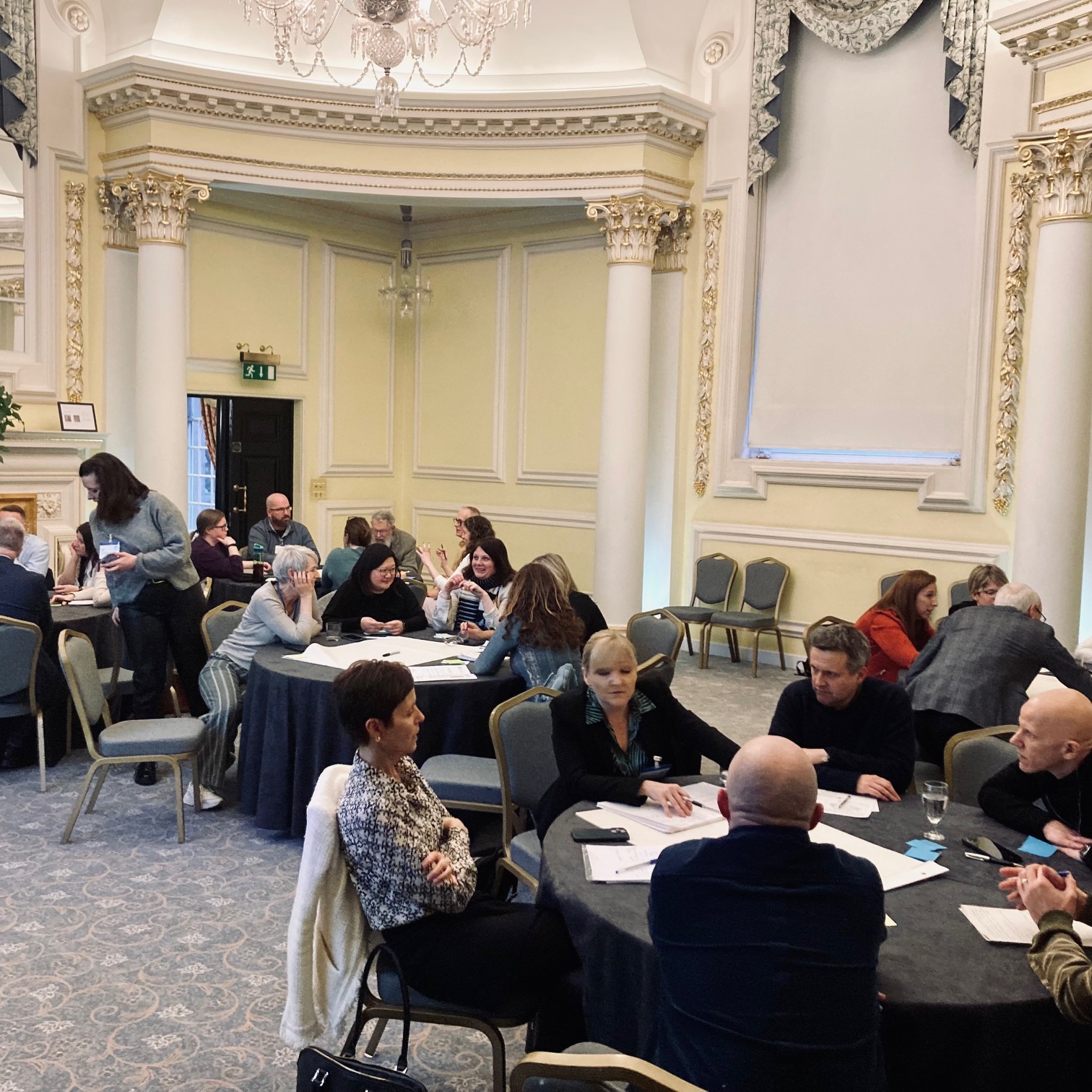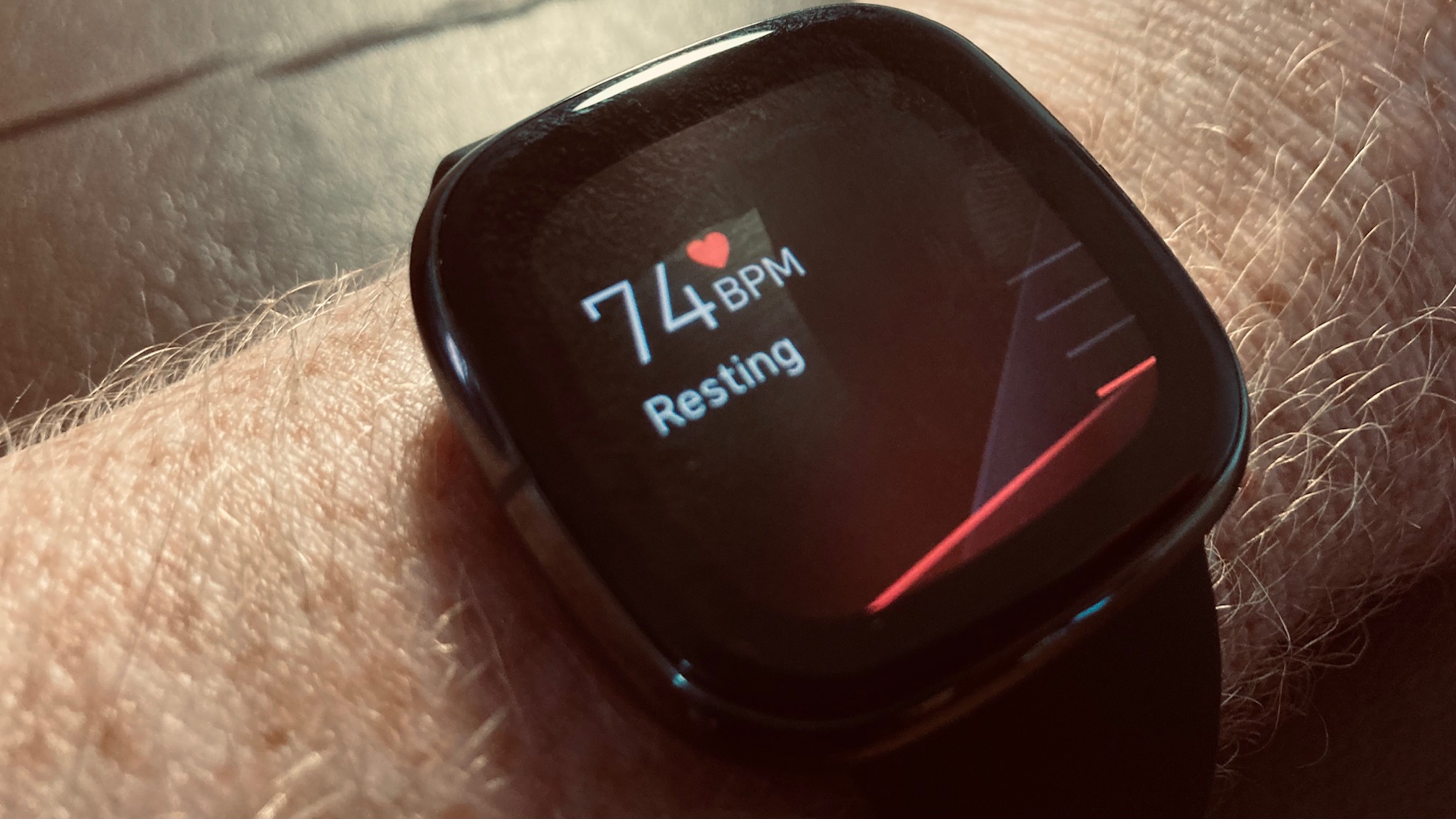One of the most impactful was with Mirza, my Uber driver to the station on Saturday morning. Frankfurt 2023 has been the year of my belated surrender to the all-conquering might of Uber, by the way!
I was Mirza’s final customer in an exhausting 12 hour overnight shift, during which he had 45 fares. But Mirza was one of the happiest and most positive people I can recall meeting. He arrived in Europe from Pakistan 23 years ago, spending most of that time working for a German courier business as a pan-European delivery driver, with extended periods away from his family.
A year ago, Mirza decided to make a change. He now probably earns less as a self-employed Uber driver than as a long distance courier, and yet he probably works as hard if not harder than ever. Many people reading this might not regard that as success. But Mirza told me that he now sets his own hours of work, feels more motivated, and gets to spend precious time each day with his family. He is happier than he has ever been, because he now feels much more in control of his life. He is his own boss, albeit within a framework set by Uber.
I feel similarly privileged to now work as an independent consultant, choosing with whom I work and (to a large extent) when I work – and even more privileged to do so as part of the scholarly publishing community. That being said, my work these days isn’t fundamentally all that different to being a salaried employee – there are deliverables and timescales agreed with my clients, which need to be met for the engagement to be successful and, where appropriate, to continue.
We can’t all be self-employed of course, although there does seem to be an ever increasing number of consultants in this industry (including yours truly)!
So to those of you in leadership positions, responsible for colleagues as direct reports, and often under pressure to deliver results and to report up through the business, I simply say this: trust your colleagues to do the work they have been hired to do.
Focus on accountability for outcomes. Treat process as a means to an end, rather than an end in itself. Empower your colleagues. Value their experience and insights, whether acquired over three years or thirty, within your industry or gained elsewhere. Be available for them when your input is needed. Champion them within the business. Coach them when asked, or offer to coach them when, in your judgement, it is needed to help them to be successful.
Fundamentally, why not try to make your team members feel like their own boss, accountable for the success of their own part of the business… with the added benefit of being part of a wider team and support network?
As you may have already surmised, I would argue that empowerment and motivation are fundamentally about how someone feels, as much or arguably even more than what they actually do or how they are rewarded.
In short, let’s all try to feel a bit more like Mirza (but ideally without the 12 hour overnight shift – unless you choose to do it!).





